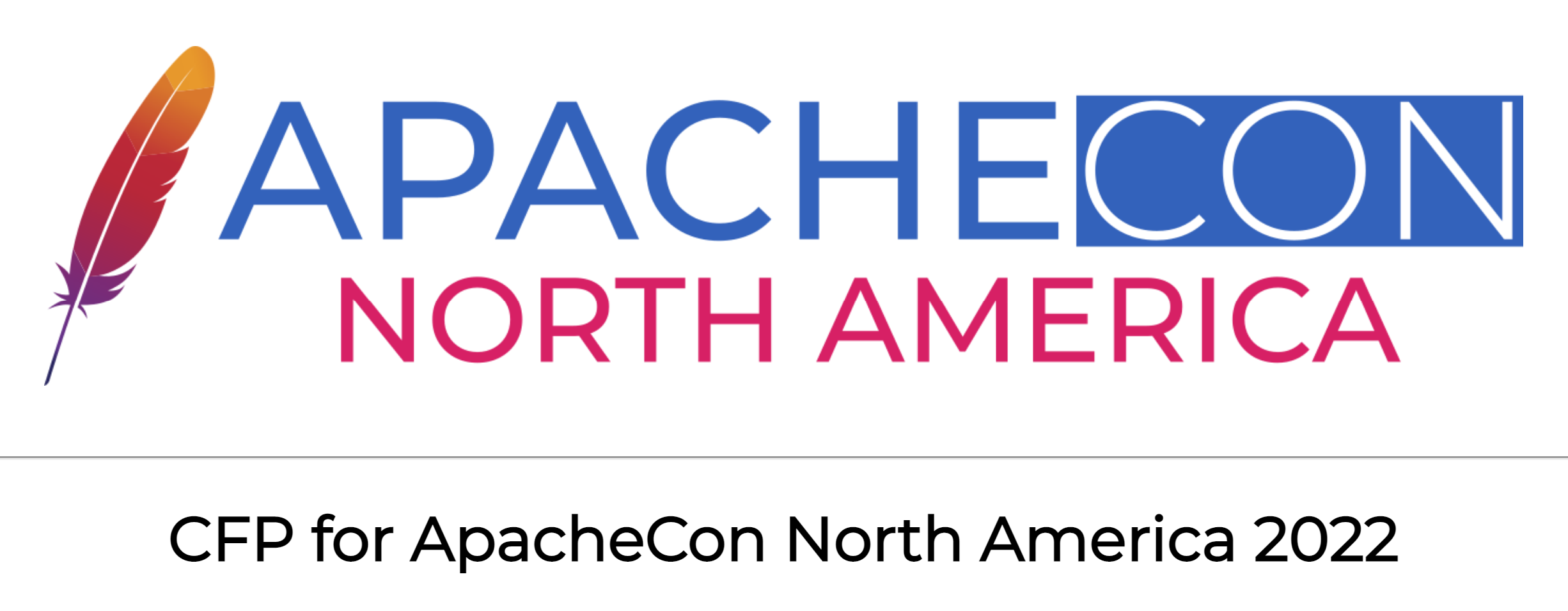
Our monthly roundup of key activities and knowledge to keep the community informed.
Release Notes
Released
We hit an important milestone on 1st May 2022. Although this Changelog looks back at the previous month, we want to highlight this significant milestone for the project. We have now hit our one-year branch and frozen the code for the release of Apache Cassandra 4.1. Any further changes at this point will be bug fixes before we announce General Availability (GA). Special thanks go to Mick Semb Wever for all the work that has gone into the release process.
Note: for this release cycle only, we will continue to support Cassandra 3.0 so there will be four supported versions - 3.0.latest, 3.11.latest, 4.0.latest and 4.1.latest. See Behind the Scenes of an Apache Cassandra Release for more details.
The latest release of Apache Cassandra is 4.0.3 (pgp, sha256, and sha512), which has been available since 17 February 2022. As stated in the March changelog blog, we released new versions of all supported versions of Cassandra (3.11.12, 3.0.26) to address a vulnerability CVE-2021-44521.
As a result, we are advising 3.0 users to upgrade to 3.0.26; 3.11 users to upgrade to 3.11.12; and 4.0 users should upgrade to 4.0.3.
Please read the release notes and let us know if you encounter any problems.
See the download section for the latest stable and older supported versions of source and binary distributions.
To stay up-to-date, we recommend joining the Cassandra mailing lists.
Community Notes
Updates on Cassandra Enhancement Proposals (CEPs), how to contribute, and other community activities.
For newcomers to the project, we have a useful ‘Contributing to Cassandra’ page for how to get involved and get started.
We also recommend taking a look at two Jira ticket queries we’ve created. One is a Kanban board for “Failing Tests” tickets that are unassigned and the other corresponds to our Low Hanging Fruit or “Starter Tickets” for 4.0.x and 4.1.x. Feel free to self-select a ticket to work on.
Any of these tickets should be of appropriate complexity for someone new to the project to tackle. Just remember to assign yourself to the ticket and acknowledge the status, such as ‘Work in Progress’ and ‘Needs Comitter/Patch Available’ when you submit your patch. You can also reach out on the ASF Slack in the #cassandra-dev Slack channel. Use @cassandra_mentors to contact our Cassandra mentors!
Read PMC member Josh McKenzie’s latest bi-weekly update for ongoing discussions and the latest on ticket progress.
Discussed
As we mentioned, above, we forked Cassandra 4.1 and froze the branch on May 1. The community has also agreed to block releases on green CI and are cleaning up test failures before release.
Discussed
The Apache Foundation in conjunction with the Apache Cassandra PMC will be hosting a 2-day Cassandra track at ApacheCon North America, which will take place between October 3-6 at the Sheraton Hotel, New Orleans.

The CFP is open now and will run until May 23 for talks on the Cassandra Track. Read the recent blog post for more details.
If you have something you did on the project, something you’re thinking about doing, a fascinating use-case, or anything you think would be interesting to your fellow Cassandra practitioners, please don’t hesitate to submit a proposal for it.
Discussed
ApacheCon North America will also include a Performance Engineering track for the first time this year. This is an opportunity to share your Apache Cassandra experiences, lessons learned, and innovations in this space. See the CFP details here.
Discussed
There is a discussion on the oldest version of Python 3.x to support with cqlsh and other scripts in 4.1. The discussion revolves around what version of Python is supported in versions of CentOS and RHEL derivatives, and when that support expires.
Discussed
Based on discussions, Erick Ramirez is developing a 1-page guide to help users provide helpful details in their questions so they can obtain the answers they need quickly from the community and save time.
Discussed
We continue to need more volunteers for the Build Lead role. As you might expect, there are more changes going into the trunk for the new release, and this role has been instrumental in helping us map our current CI situation. But, as Mick Semb Wever has indicated in the mailing list thread, we haven’t achieved a green ASF infrastructure CI on trunk yet, which is a key goal for the project. The build lead role has been instrumental in building and maintaining momentum on cleaning up CI. You can learn more about the role on the confluence wiki.
Discussed
Ekaterina Dimitrova confirmed again some details around the new format and backward compatibility for data storage, data rate and duration configuration parameters. Please reach out if you have any questions or concerns.
Discussed
David Capwell has highlighted that some non-standard Java classes are exposed via JMX, so that JMX will fail unless the JMX client also has Cassandra’s jars. A solution is being discussed here.
Announced
Canonical has added Apache Cassandra container images to its Long Term Support (LTS) Docker Image Portfolio which is accessed via DockerHub. This is part of a curated set of secure container application images that it will support for 10 years. As part of that commitment, Canonical will fix any critical security issues with the images within 24 hours.
Announced
Quine, an open source streaming graph framework, which was announced in April, supports Apache Cassandra which it uses as the underlying storage component for combining incoming data in real-time with historical data.
User Space
Bloomberg
Our group is working on a multi-year build, creating a new Index Construction Platform to handle the daily production of the Bloomberg Barclays fixed income indices. This involves building and productionizing an Apache Solr-backed search platform to handle thousands of searches per minute, an Apache Cassandra back-end database to store millions of data points per day, and a distributed computational engine to handle millions of computations daily.
Do you have a Cassandra case study to share? Email cassandra@constantia.io.
Cassandra Tutorials & More
Apache Cassandra Lunch #97: Cassandra DataSource for Grafana - Obioma Anomnachi
On the blog:
ApacheCon NA 2022 Call for Papers Open! - Patrick McFadin














